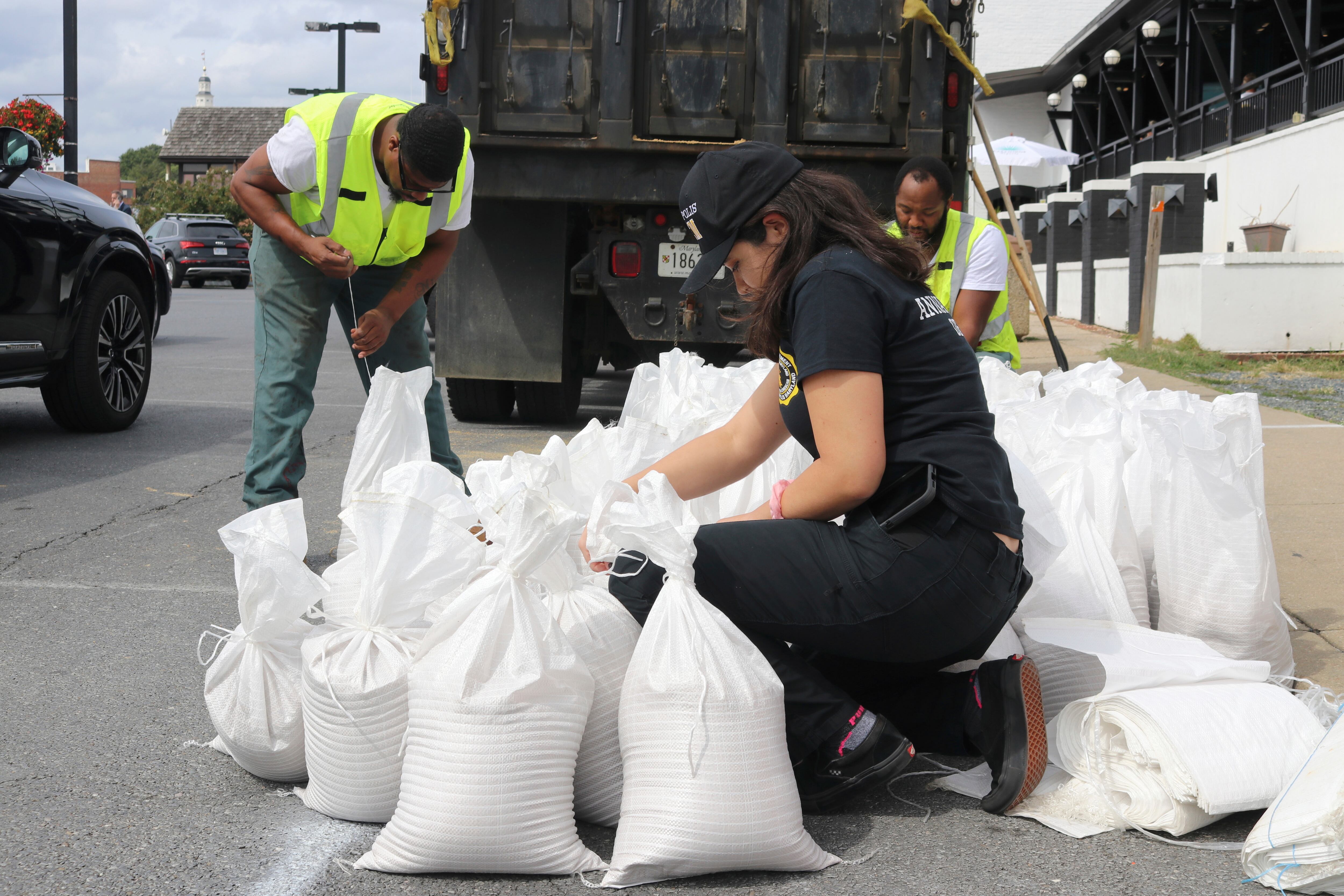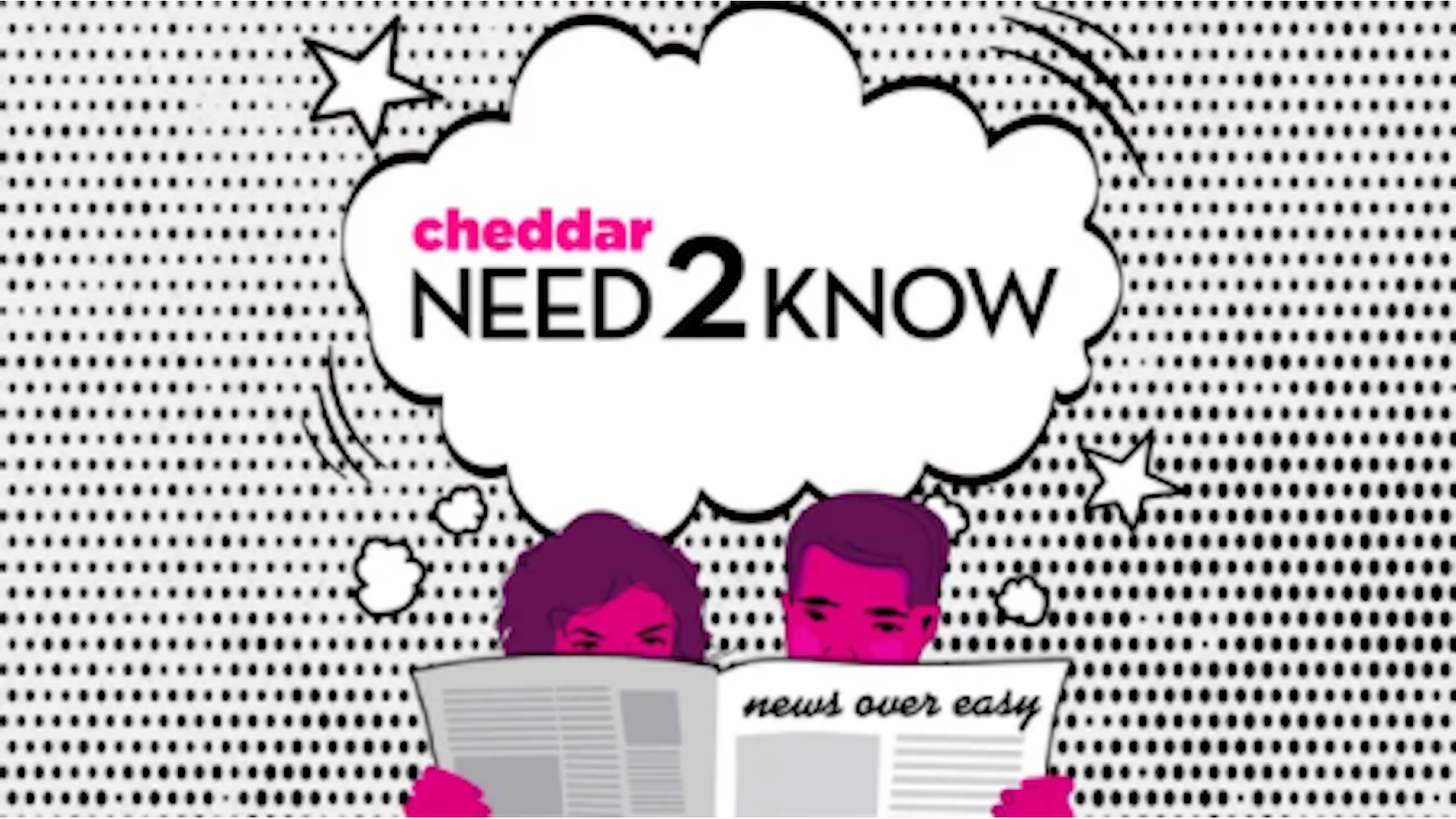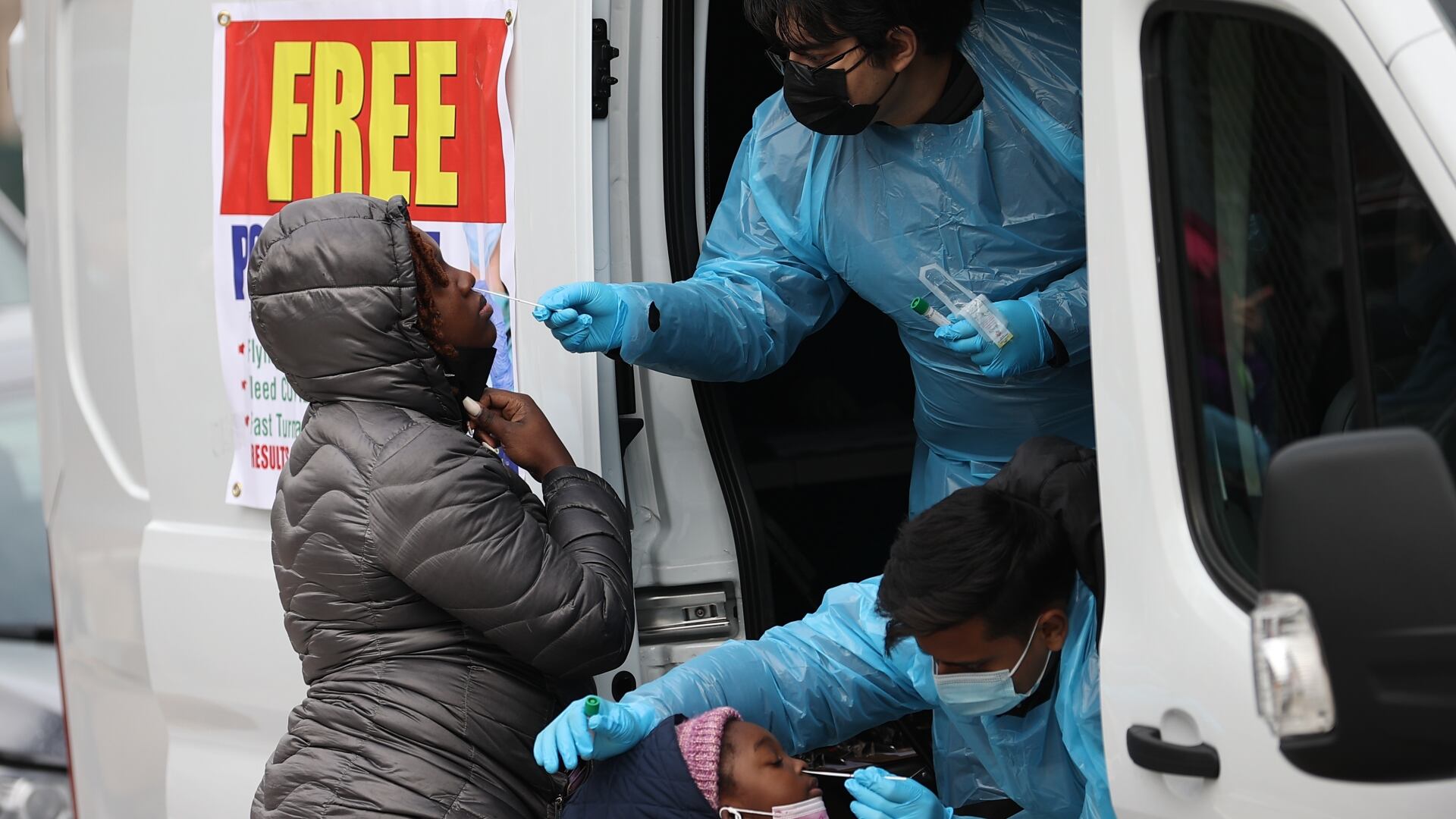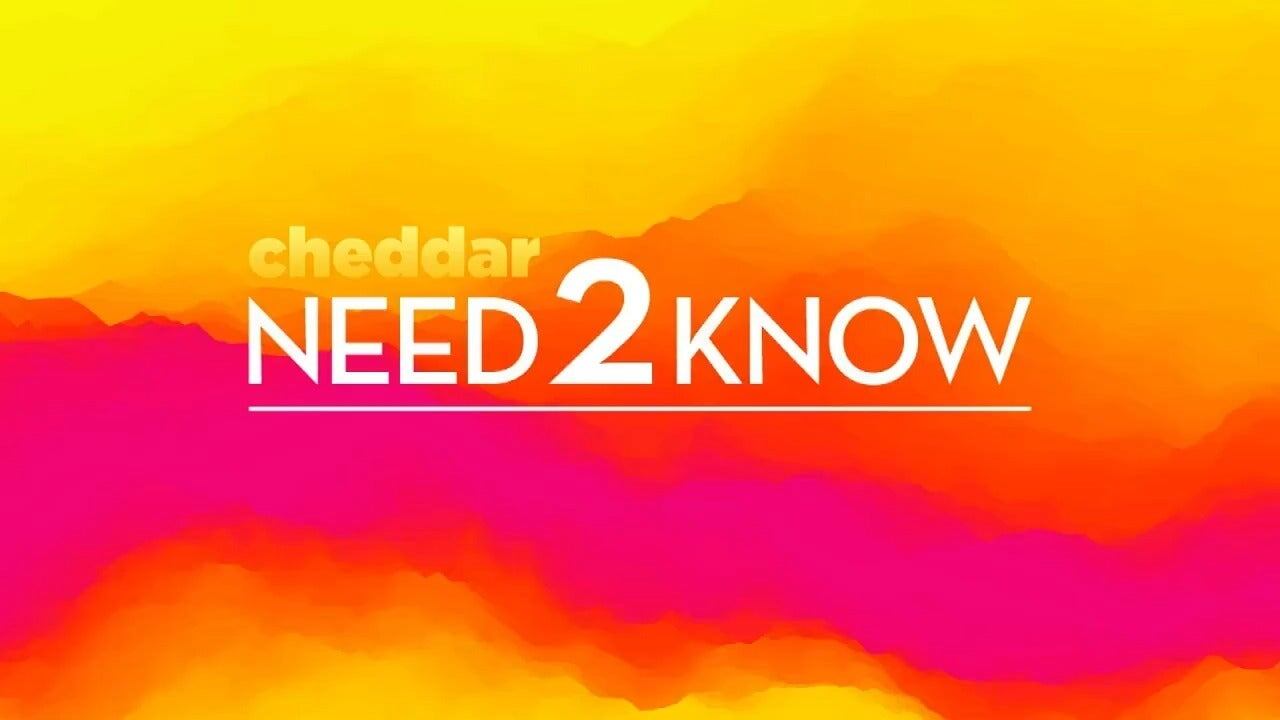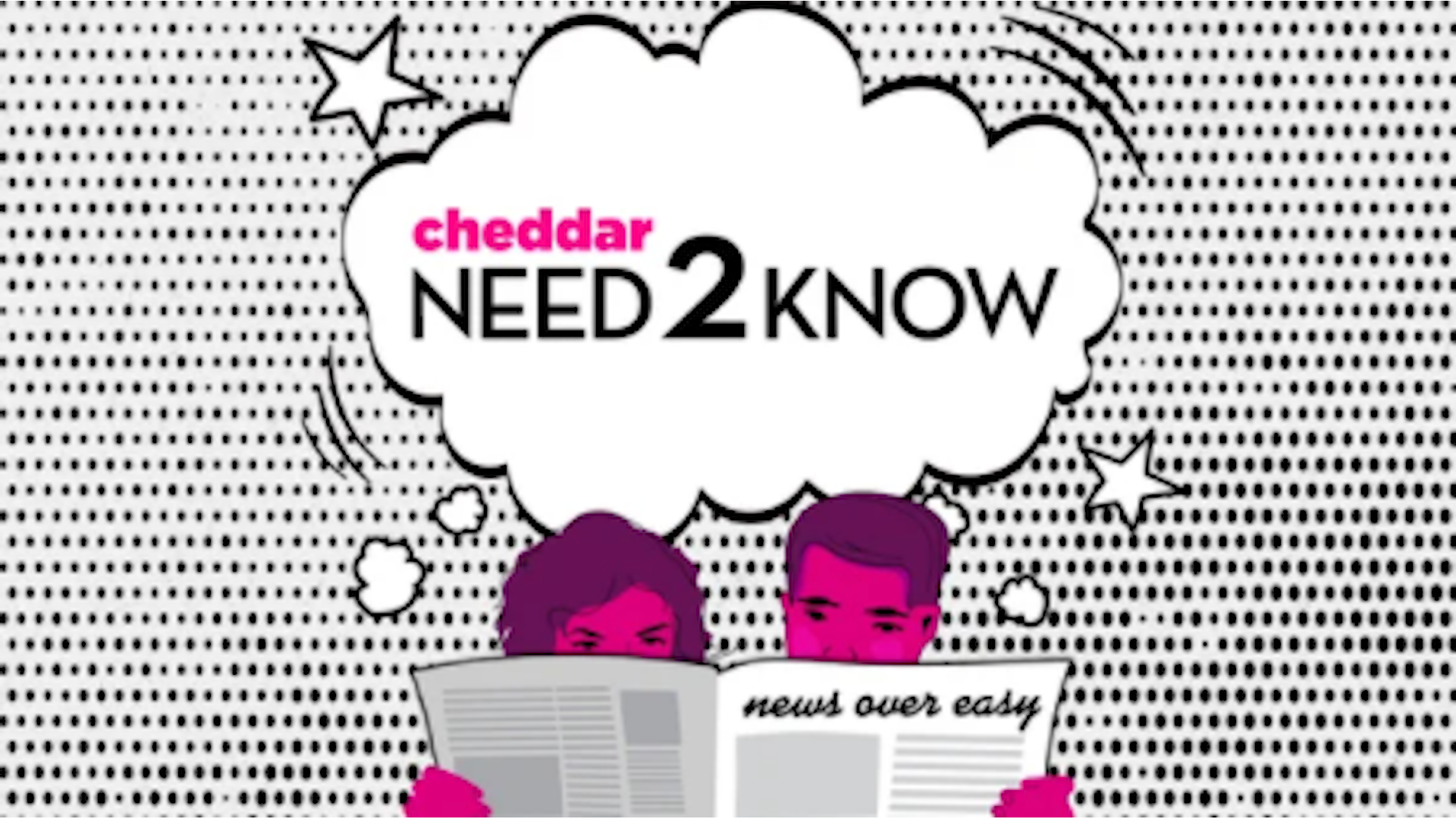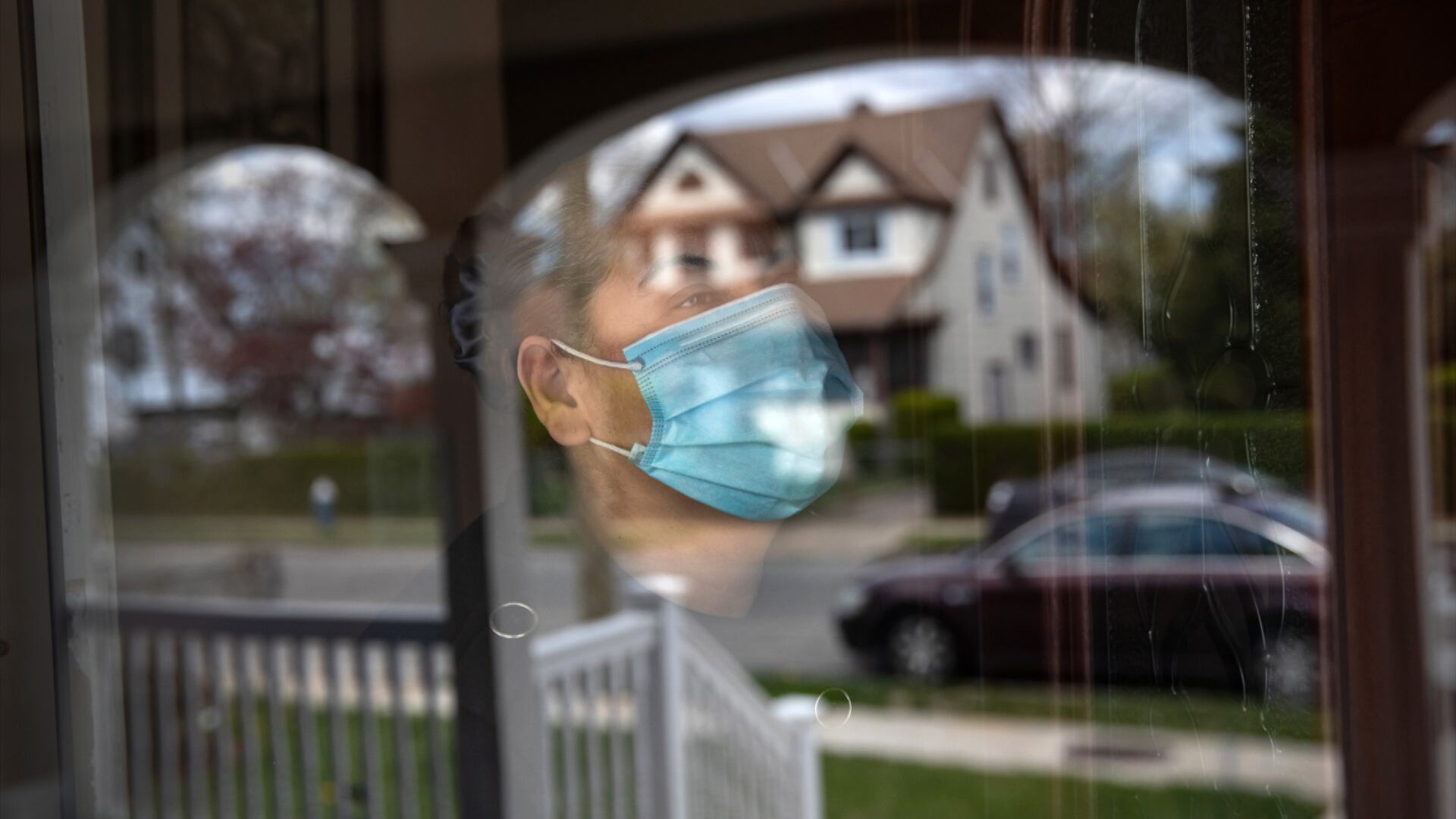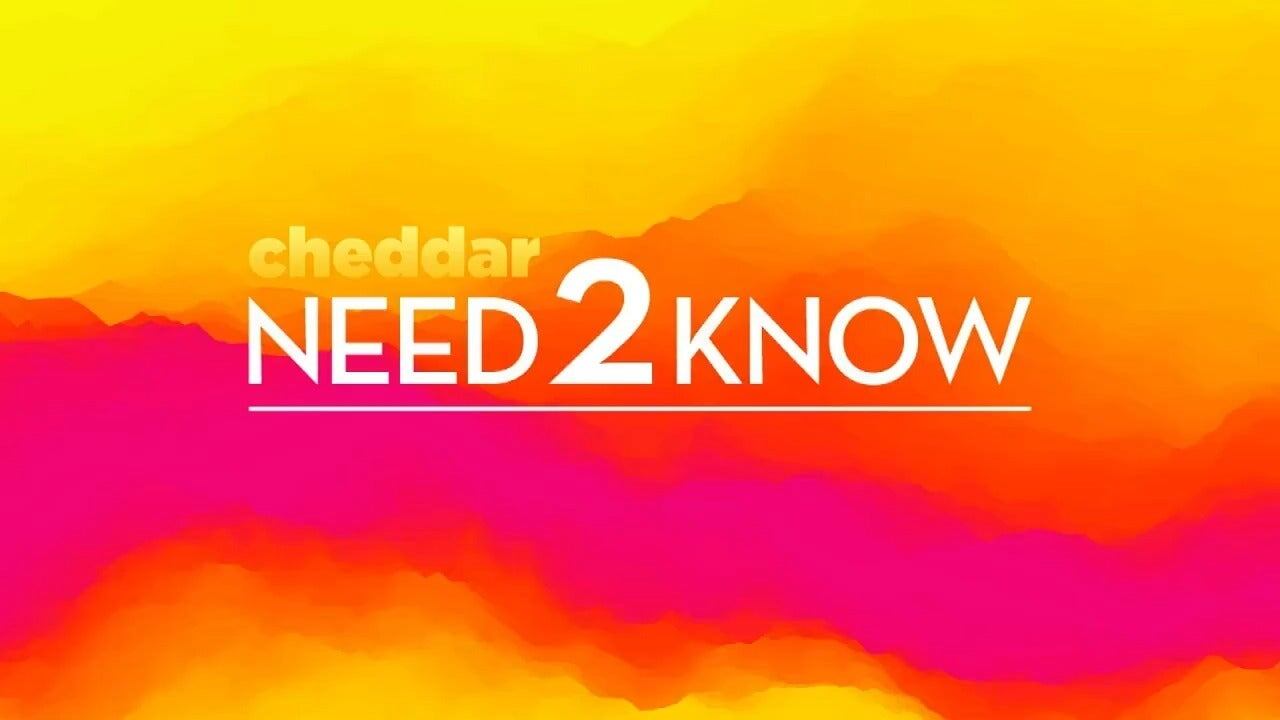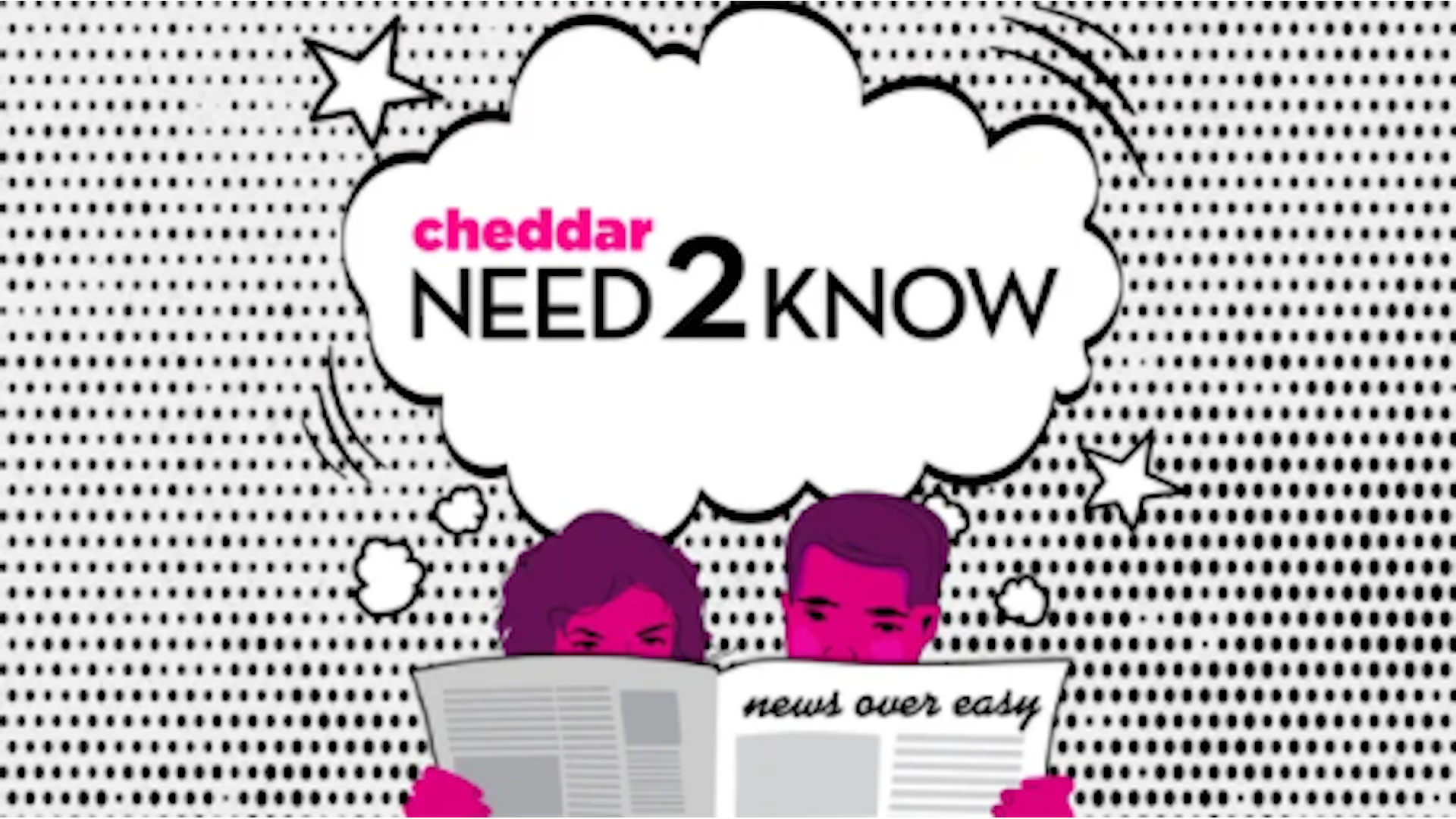By Sarah Brumfield and Brian Witte
Tropical Storm Ophelia formed off the mid-Atlantic coast and was expected to bring heavy rain, storm surge and windy conditions over the weekend, the National Hurricane Center said Friday.
Ophelia had maximum sustained winds of 60 mph (95 kph), according to a 2 p.m. advisory from the Miami-based center. The storm was centered 150 miles (240 kilometers) southeast of Cape Fear, North Carolina, and was forecast to make landfall Saturday morning.
Virginia’s governor declared a state of emergency Friday and the intensifying weather system forced schools to close early and canceled weekend events.
Rain was already moving inland across North Carolina by midday Friday with some areas expected to get up to 7 inches (17.7 centimeters) across eastern parts of the state and into southeast Virginia, forecasters said. Storm surge warning was in effect for some areas, with surges between 3 and 5 feet (0.9 to 1.5 meters) forecast for parts of North Carolina, the hurricane center reported.
The system’s center is expected to move inland over eastern North Carolina and southeastern Virginia and near the Chesapeake Bay through Sunday, Mike Brennan, the hurricane center’s director, said in a livestreamed briefing on Friday.
A storm surge warning was in effect from Beaufort Inlet, North Carolina, to Chincoteague, Virginia, and a tropical storm warning was issued from Cape Fear, North Carolina to Fenwick Island, Delaware.
Nancy Shoemaker and her husband Bob stopped by a waterside park in downtown Annapolis, Maryland's capital, to pick up sandbags to help protect their waterfront home.
Last year, at the end of October, they experienced a big surge of water that came into their yard and even washed some sandbags away.
“We’re hoping it won’t be that way this time,” Nancy Shoemaker said. “If we have a lot of wind and a lot of surge, it can look like the ocean out there, so that’s a problem.”
The weather was already affecting water taxis in Annapolis, where water taxi driver Scott Bierman said service would shut down at 6 p.m., and the decision had already been made to close Saturday.
“We don’t operate when it’s going to endanger passengers and or damage vessels,” Bierman said.
Virginia Gov. Glenn Youngkin declared a state of emergency Friday afternoon, issuing an executive order intended to ease response and recovery efforts.
“As this storm has organized and strengthened, it’s becoming clear based on the latest forecasts that impacts to the commonwealth are likely,” Youngkin said in a statement. “We want to ensure that all communities, particularly those with the greatest anticipated impact, have the resources they need to respond and recover from the effects of this storm.”
The governor encouraged residents to prepare an emergency kit and follow the weather forecast closely.
Schools in coastal areas of North Carolina and Virginia announced plans to dismiss students early Friday and cancel afterschool and weekend activities.
The North Carolina Ferry System announced it was suspending several routes and the State Emergency Response Team planned to move to an enhanced watch Friday to ease coordination of resources, the governor’s office said.
The forecast prompted the cancellation of events across the region, including the Kunta Kinte Heritage Festival, which had been set to return to City Dock in Annapolis on Saturday.
Meanwhile, Hurricane Nigel was downgraded to a post-tropical cyclone centered about 640 miles (1,030 kilometers) northwest of the Azores with maximum sustained winds of 70 mph (110 kph). There were no associated coastal watches or warnings as the storm moved northeast at 37 mph (59 kph), the hurricane center said in its final update on the system Friday morning.
